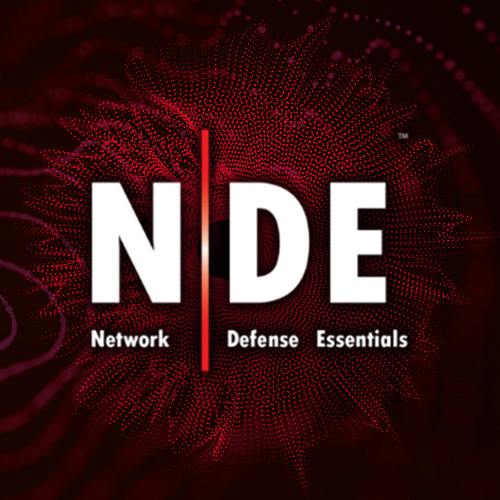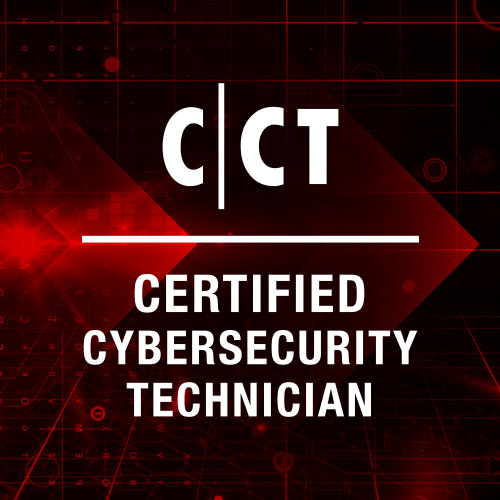Mode 01
Computer Forensics Fundamentals
Computer Forensics Fundamentals
Computer Forensics Investigation Process
Understanding Hard Disks and File Systems
Data Acquisition and Duplication
Defeating Anti-forensics Techniques
Windows Forensics
Linux and Mac Forensics
Network Forensics
Investigating Web Attacks
Dark Web Forensics
Investigating Email Crimes
Malware Forensics
NDE – Network Defense Essentials
What is DFE?
Digital Forensics Essentials helps learners increase their competence and expertise in digital forensics and information security skills, thereby adding value to their workplace and employer.
This course will introduce learners to Computer Forensics Fundamentals as well as the Computer Forensics Investigation Process.
Plan to learn about Dark Web, Windows, Linux, Malware Forensics, and so much more! The interactive labs component of this course ensures that learners receive the hands-on, practical experience required for a future in digital forensics. Put your newly acquired abilities to the test with an exhilarating Capture the Flag (CTF) Exercise seamlessly integrated in our Capstone project. This CTF is seamlessly integrated by live virtual machines, genuine software, and real networks, all delivered within a secure and regulated sandbox environment. With these exclusive hands-on, human-versus-machine CTF challenges you will develop the hands-on skills essential for success in your cyber professional role.
What will you learn?
Who Is It For?
Course Objectives
The Digital Forensics Essentials (DFE) course from EC-Council aims to provide foundational knowledge and skills in the field of digital forensics. Here are the key objectives of the course:
These objectives aim to provide a comprehensive foundation in digital forensics, equipping participants with the skills and knowledge needed to conduct thorough forensic investigations, analyze digital evidence, and support legal and cybersecurity efforts.
Career Path Opportunities
Completing the Digital Forensics Essentials (DFE) course from EC-Council can lead to various career opportunities in the field of digital forensics, cybersecurity, and IT. Here are some potential career paths:
These career paths leverage the foundational skills and knowledge gained from the DFE course, enabling individuals to pursue various roles in digital forensics and cybersecurity.
Exam Information
Exam Title: Digital Forensics Essentials
Exam Code: 112-53
Number of Questions: 75
Duration: 2 Hours
Exam Availability : ECC Exam Center
Test Format : Multiple choice
ComputerLand Romania welcomes specialists in the field of information security by concluding a partnership with EC-Council, the provider of some of the most appreciated training programs in this field, and brings to Romania a varied range of courses and certifications.
iLearn Self-Paced is a distance learning program, designed for those who cannot attend a live course, for people who have a very busy schedule and want to learn at their own pace, through individual study. This comprehensive training program offers the advantages of self-paced classroom training.
A world leader, EC Council offers information security courses and certifications in all major information security disciplines, including computer security, computer security, network security, application security, computer network penetration testing, computer forensics, and intrusion detection.
EC-Council estimates a success rate of over 90% in the exam for IT specialists who study using these iLearn packages for the estimated duration and using the preparation guide
Online training modules led by experienced EC-Council instructors
Information and Registration Ec-Council Courses – Computerland Romania
Computerland Romania
Soseaua Fabrica de Glucose 15, Bucharest 020331

 CCT – Certified Cybersecurity Technician
CCT – Certified Cybersecurity Technician